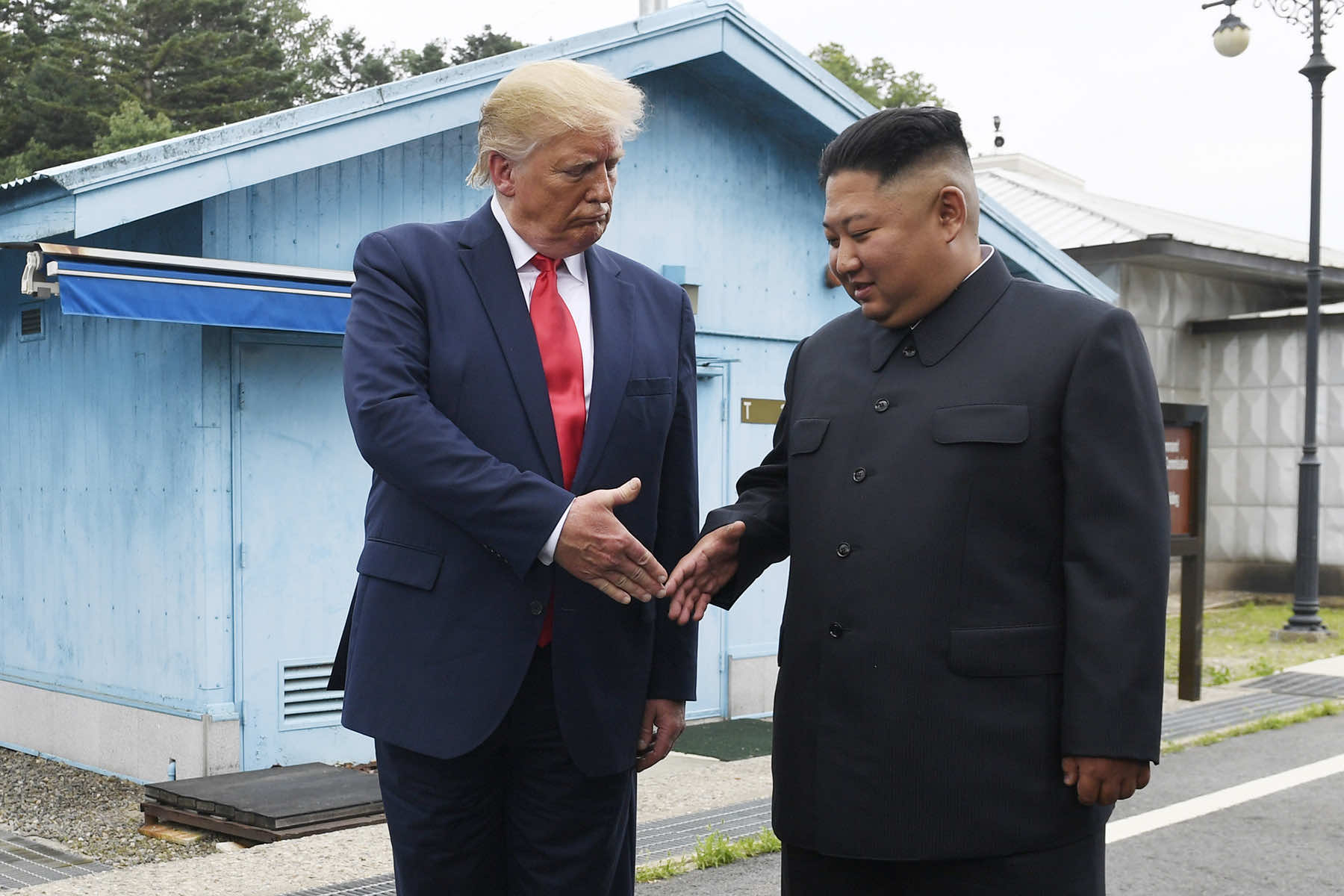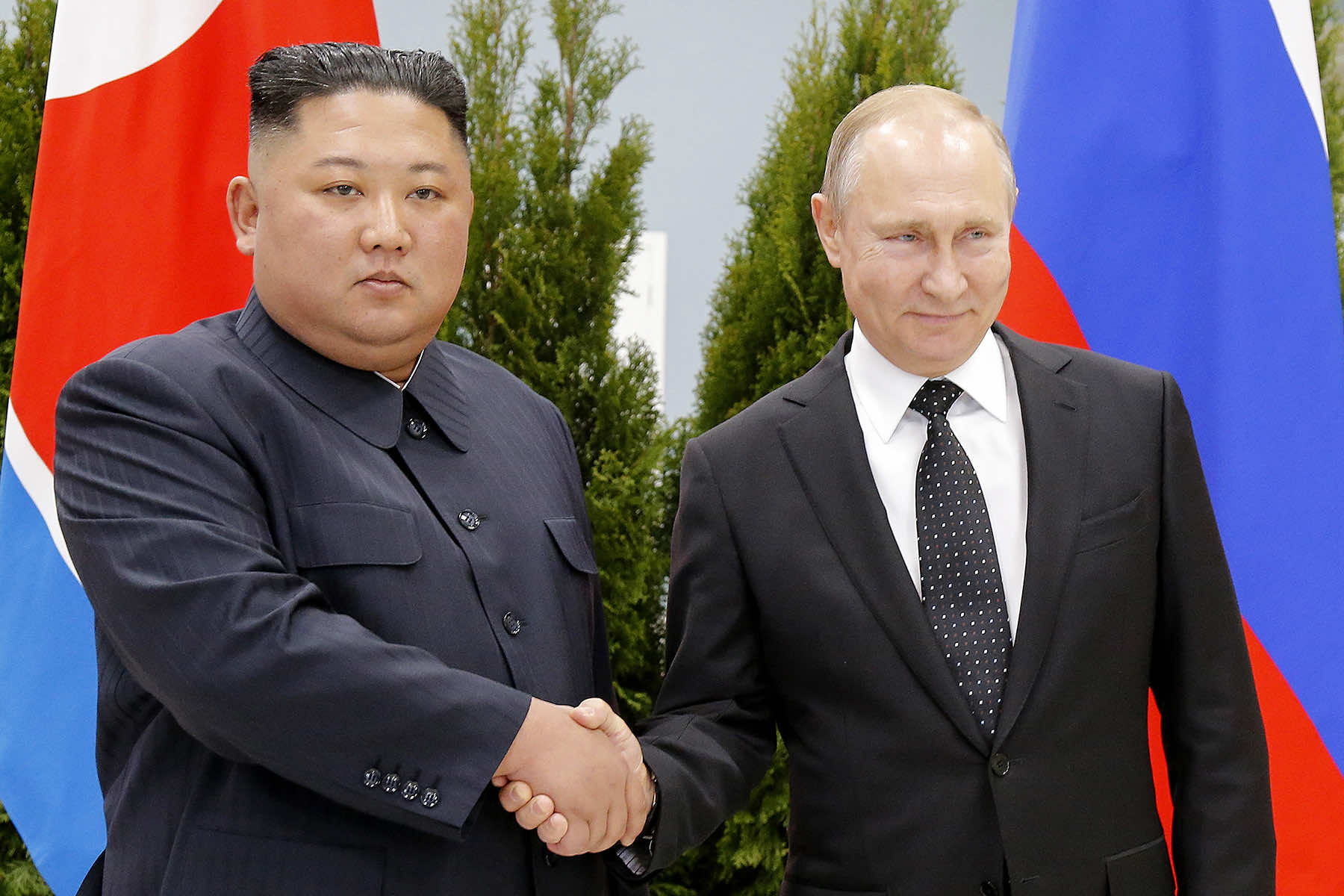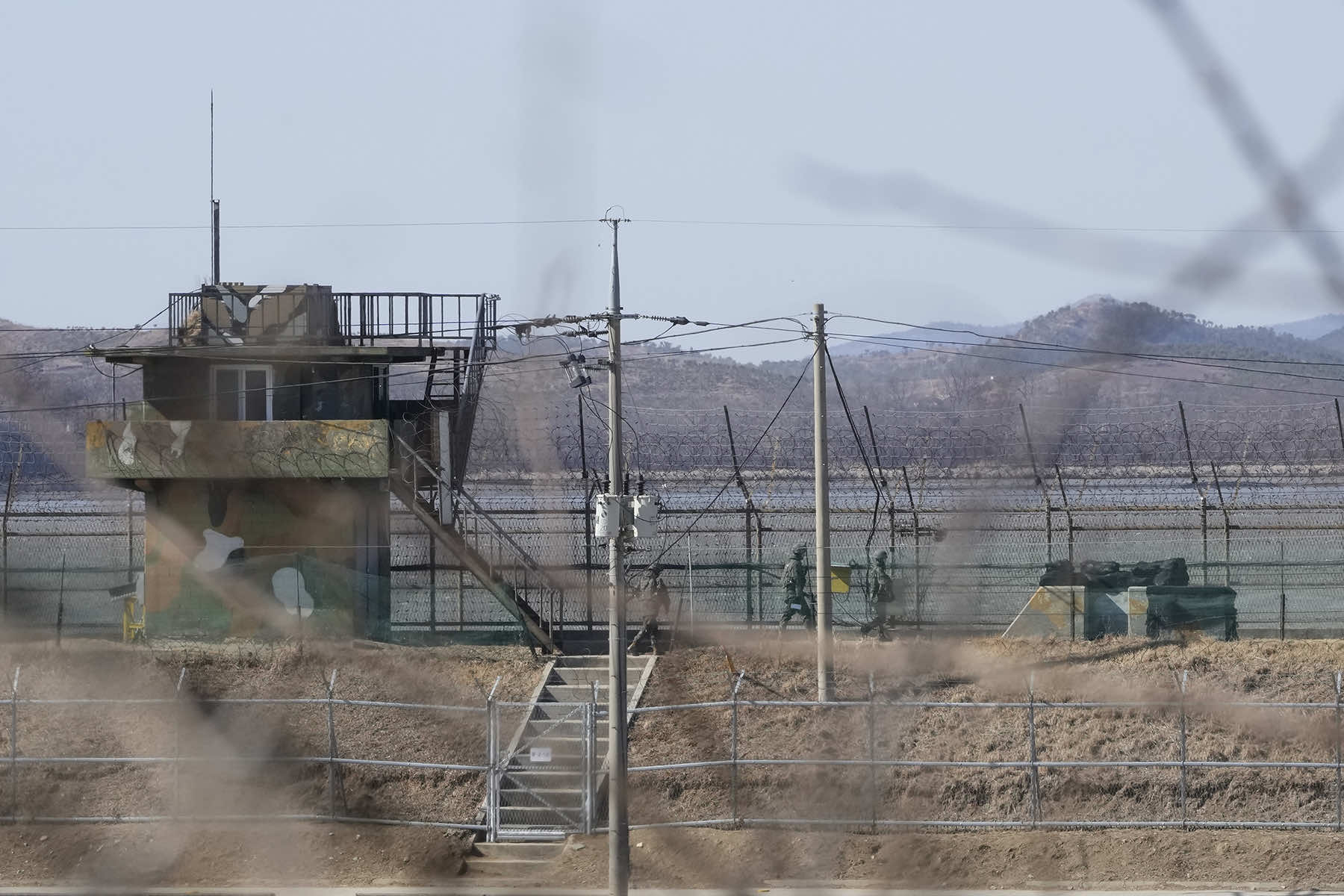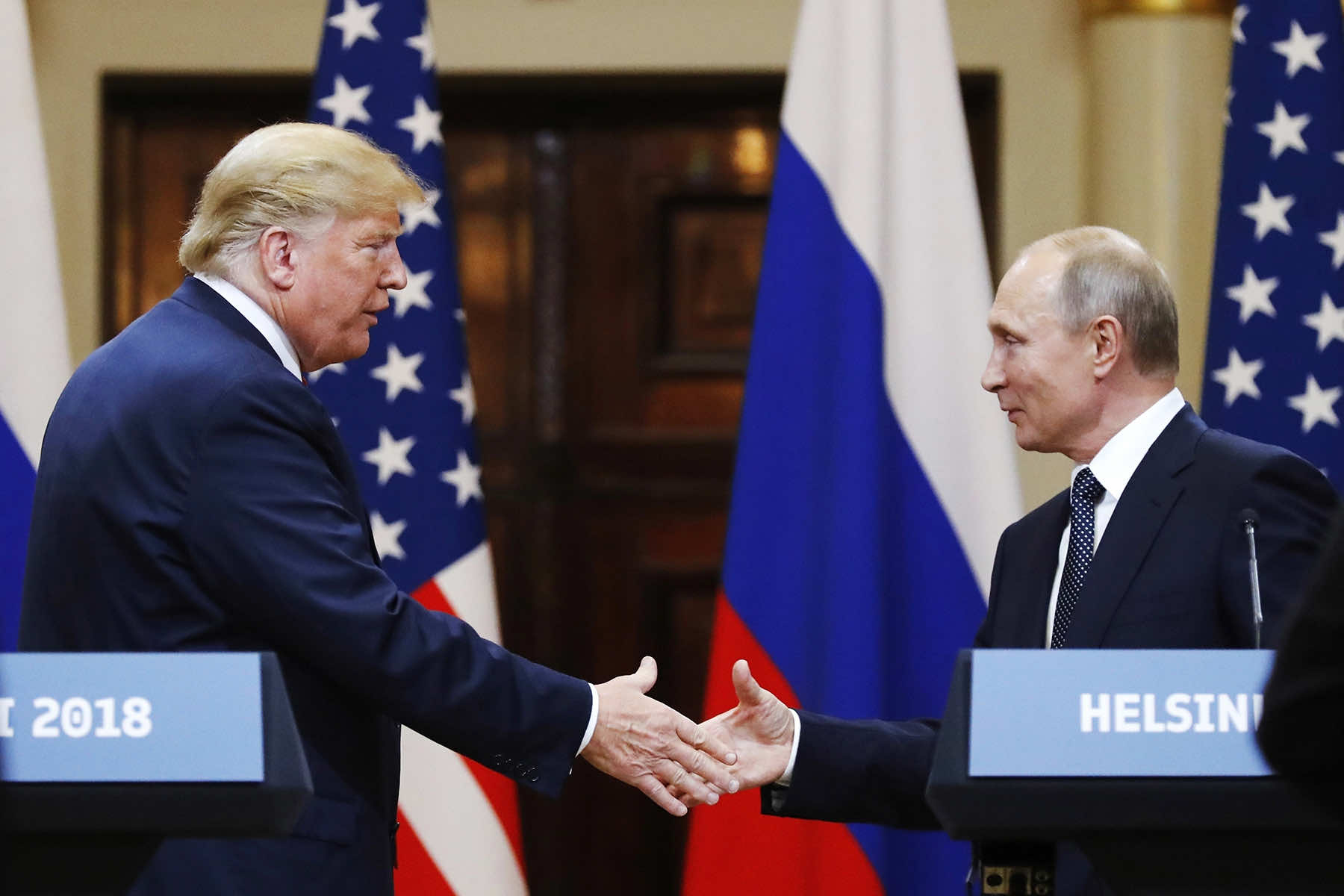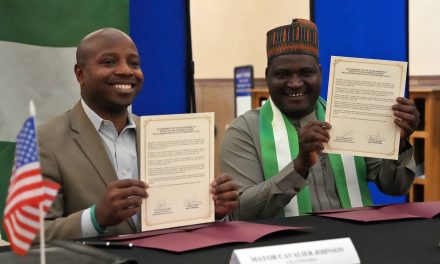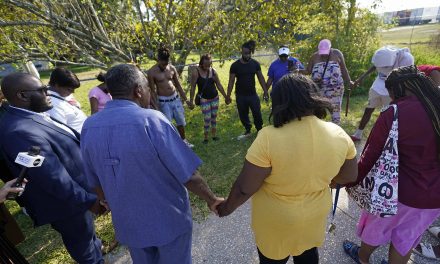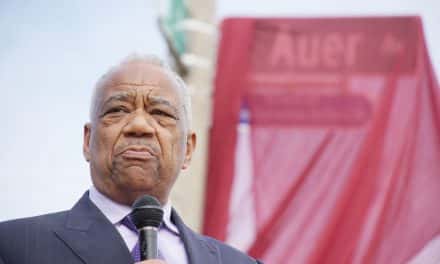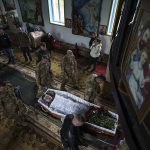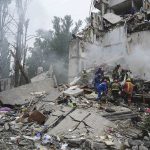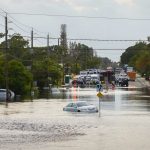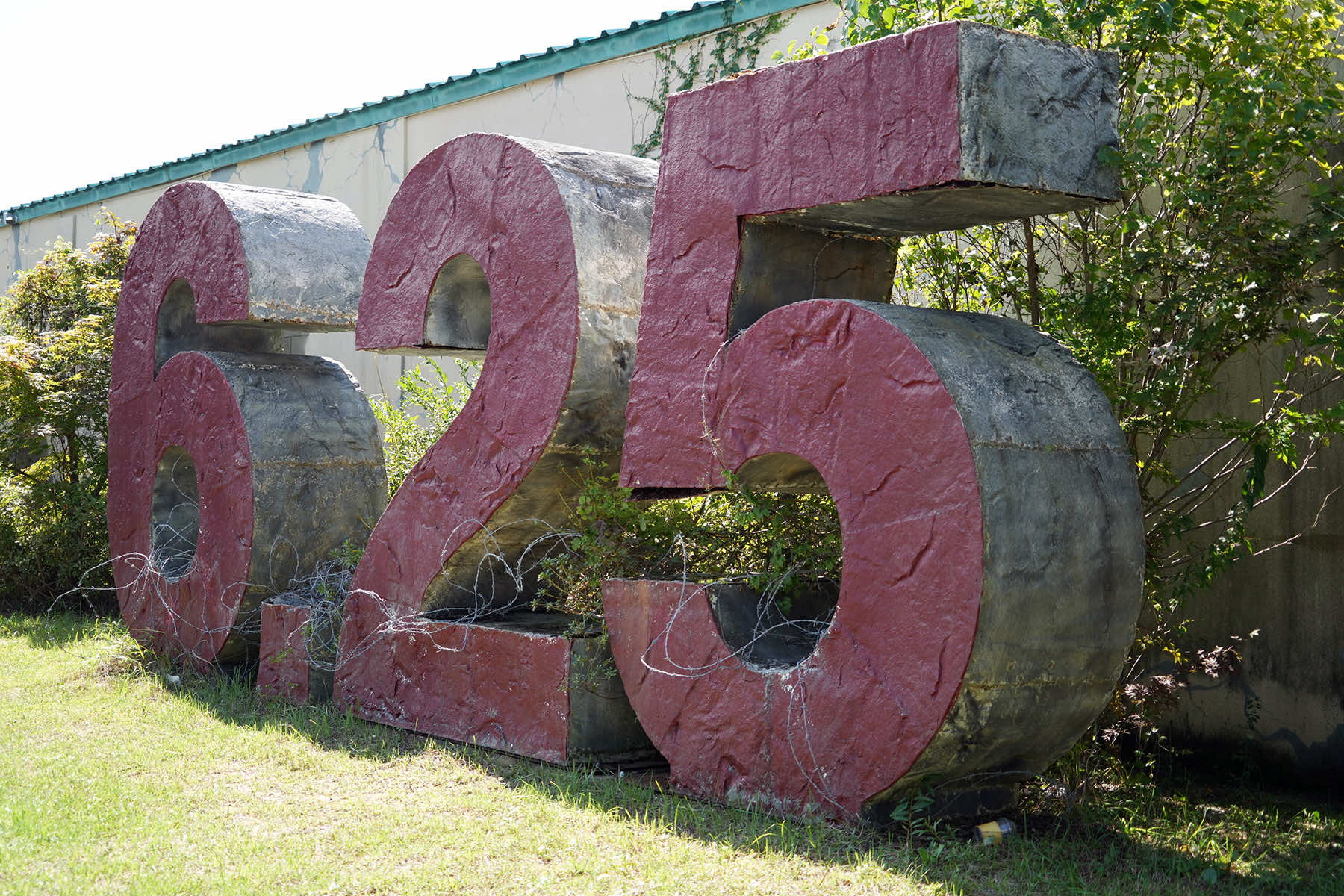
When the Korean War began on June 25, 1950, it was understood to be the first major armed conflict of the Cold War era. Seventy-five years later, the armistice that halted the fighting still defines one of the world’s most fragile geopolitical fault lines.
The war, which caused massive casualties and entrenched a division that had begun years earlier, never formally ended. The legacy of that unresolved conflict continues to shape policies, politics, and perceptions across the Korean Peninsula and beyond.
The Korean War began with a surprise invasion by North Korean forces, who crossed the 38th parallel in a full-scale assault on the South. Backed by the Soviet Union and later the People’s Republic of China, the North aimed to unify the peninsula under a communist regime.
The United States, acting under a United Nations mandate, rapidly intervened to support South Korea. What followed was three years of brutal ground warfare, relentless aerial bombing, shifting front lines, and staggering civilian losses.
By the time the armistice was formalized on July 27, 1953, the border had scarcely changed, yet the war had deeply altered the region and the world. No peace treaty was ever signed. The Korean Demilitarized Zone (DMZ), a 160-mile-long stretch of fortified territory, remains the most heavily militarized border on Earth. The division of Korea hardened into permanence, enforced by ideology, military posturing, and the trauma of collective memory.
For many Americans, the Korean War is often dubbed “the forgotten war,” overshadowed by the Second World War before it and the Vietnam War after. But in South Korea, the conflict is a constant. Generations have grown up under the implicit threat of renewed hostilities. Military conscription remains mandatory for South Korean men. Families remain separated. The shadow of war still influences economic, diplomatic, and cultural life.
In Milwaukee, this history is personal. An award-winning editorial series published last year chronicled the Korean diaspora in Wisconsin and the enduring impact of the war on veterans, immigrants, and descendants alike.
Milwaukee Voices. Korean Experiences. earned top honors from the Milwaukee Press Club in May. The 72-part series detailed connections between past displacement and present identity, underscoring how deeply the war’s consequences have been woven into Milwaukee narratives.
This year’s 75th anniversary arrives in the wake of South Korea’s most dramatic constitutional crisis since democratization. In December 2024, then-President Yoon Suk Yeol unilaterally declared martial law, bypassing the National Assembly amid political gridlock and legal investigations. The move backfired within hours — martial law was repealed, top ministers resigned, and impeachment proceedings began.
By April 2025, Yoon was removed from office by unanimous Constitutional Court ruling, triggering a snap presidential election in early June. Lee Jae-myung of the Democratic Party won, assuming office under legal immunity and promising to restore public trust, stabilize civil institutions, and pursue renewed diplomatic engagement with both allies and adversaries.
The political shift marks a critical inflection point. With North Korea accelerating weapons development and aligning more closely with Russia, including military cooperation that mirrors Cold War alliances, the security dynamics on the peninsula have entered a volatile new phase. Pyongyang’s growing ties with Moscow come as Russia continues its brutal and unprovoked war in Ukraine.
The current alignment marks a sharp historical reversal. During the Korean War, it was the Soviet Union that armed and supported North Korea in its campaign against the South. Seventy-five years later, it is North Korea supplying weapons and munitions to a diminished Russia, now mired in its own bloody expansionist war in Ukraine.
At the same time, North Korea has tested new generations of missiles capable of striking American bases and territories in the Pacific, along with an expanding nuclear weapons program. Such developments place South Korea in an increasingly precarious position.
Despite its economic strength and advanced military, the country faces the constant challenge of deterrence without escalation. The U.S. alliance remains central, but regional instability and shifts in American foreign policy priorities have complicated planning. The deployment of U.S. strategic assets to the region is intended to reassure allies, but also risks provoking sharper responses from the North.
Amid the friction and uncertainty, voices in South Korea continue to advocate for de-escalation and dialogue. Among those urging a broader perspective is Han Chang-hwan, a Seoul-based historian and expert on inter-Korean relations.
“Peace is the most perfect form of value and the ultimate goal that humanity should seek to pursue,” Han Chang-hwan wrote in a 2018 DMZ Day Proclamation. “In order to build a genuine peace in which all of our human rights are fully protected and respected, each and every one of us should be willing to become an agent of peace. You are the owner of peace, a common value across all societies.”
Han’s remarks underscore a central tension that defines modern Korean strategy, the balance between military readiness and the long-term goal of reconciliation. Previous administrations have oscillated between engagement and pressure. Yet even within security circles, there is growing recognition that deterrence alone cannot resolve a conflict that has endured for more than seven decades.
The peace process, such as it is, has been stalled for years. Inter-Korean summits that once offered cautious hope now seem distant memories. Joint economic zones remain shuttered or dismantled. Communication hotlines have gone silent. The 2018 Panmunjom Declaration, once hailed as a turning point for reconciliation, has been abandoned.
Meanwhile, public attitudes in South Korea have shifted, especially among younger generations who express skepticism about unification or engagement with the North. This generational divide reflects broader geopolitical fatigue. The endless cycle of threats and provocations has normalized the abnormal, turning crisis into background noise.
But the risk is that normalization can breed complacency or worse, miscalculation. Experts warn that without renewed diplomatic momentum, the region could drift toward confrontation not through intention, but through inertia.
At the same time, South Korea’s internal political debates increasingly reflect external anxieties. The martial law episode and its aftermath reignited debates over civil liberties, emergency powers, and the balance of authority between branches of government.
Though the crisis was resolved without violence, it revealed how thin the line remains between political conflict and national emergency in a country that has experienced both dictatorship and democratization in living memory.
Internationally, South Korea finds itself navigating a complex strategic landscape. Its alliance with the United States remains vital, but the war in Ukraine, growing tensions in the Taiwan Strait, and shifts in U.S. domestic politics all affect Seoul’s calculations.
China, once a key economic partner, is now viewed with increasing suspicion. Japan, a fellow U.S. ally, remains a difficult partner due to unresolved historical grievances from its Imperial colonial occupation.
Yet amid these pressures, the 75th anniversary offers a moment for reflection and possibly, reorientation. The Korean War is not merely a historical event. It is a living, unfinished conflict whose consequences ripple through every military deployment, every diplomatic communiqué, and every divided family. It demands both remembrance and reckoning.
The generation that lived through the war is passing. Their stories, preserved through oral histories, memorials, and scholarship, are now being entrusted to younger Koreans and the global diaspora.
In cities like Milwaukee, where the Korean American community has grown and contributed across decades, the war’s legacy is kept alive not only through commemoration, but through civic participation and cultural exchange.
As the world marks the 75th year since the start of the Korean War, one truth remains inescapable. The conflict, frozen in time but not forgotten, continues to test the region’s resolve, the strength of alliances, and the imagination of what peace might yet look like.
Whether the next chapter is written through confrontation or cooperation will depend not just on leaders in Pyongyang, Seoul, Washington, Beijing, or Moscow, but on the ability of Korean citizens, scholars, and survivors to push the conversation beyond what has always been, and toward what still could be.
© Photo
Lee Matz, Susan Walsh (AP), Alexander Zemlianichenko (AP), and Ahn Young-joon (AP)

